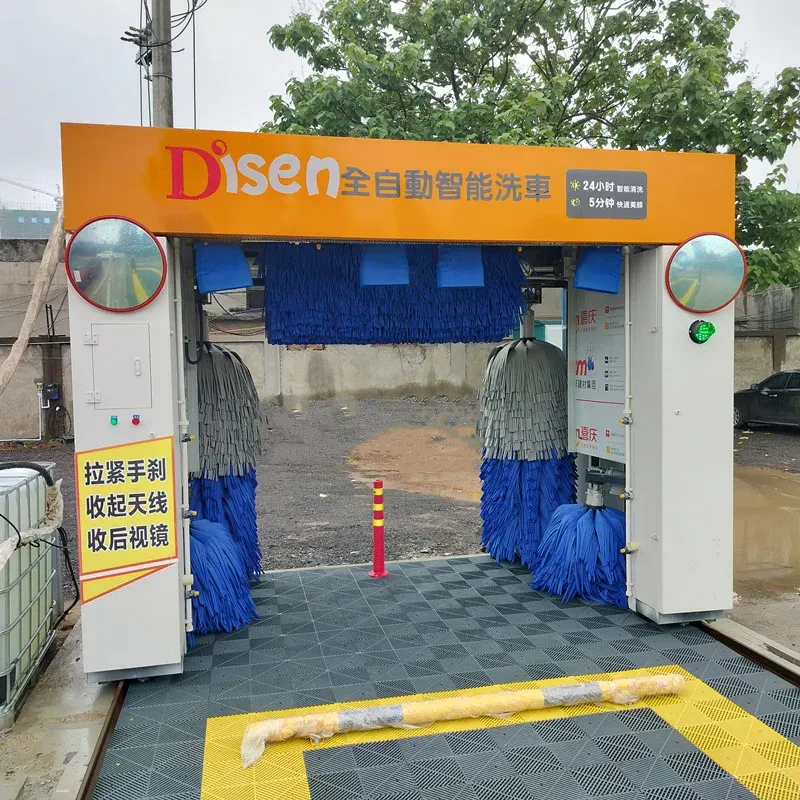
- Afrikaans
- Albanian
- Amharic
- Arabic
- Armenian
- Azerbaijani
- Basque
- Belarusian
- Bengali
- Bosnian
- Bulgarian
- Catalan
- Cebuano
- Corsican
- Croatian
- Czech
- Danish
- Dutch
- English
- Esperanto
- Estonian
- Finnish
- French
- Frisian
- Galician
- Georgian
- German
- Greek
- Gujarati
- Haitian Creole
- hausa
- hawaiian
- Hebrew
- Hindi
- Miao
- Hungarian
- Icelandic
- igbo
- Indonesian
- irish
- Italian
- Japanese
- Javanese
- Kannada
- kazakh
- Khmer
- Rwandese
- Korean
- Kurdish
- Kyrgyz
- Lao
- Latin
- Latvian
- Lithuanian
- Luxembourgish
- Macedonian
- Malgashi
- Malay
- Malayalam
- Maltese
- Maori
- Marathi
- Mongolian
- Myanmar
- Nepali
- Norwegian
- Norwegian
- Occitan
- Pashto
- Persian
- Polish
- Portuguese
- Punjabi
- Romanian
- Russian
- Samoan
- Scottish Gaelic
- Serbian
- Sesotho
- Shona
- Sindhi
- Sinhala
- Slovak
- Slovenian
- Somali
- Spanish
- Sundanese
- Swahili
- Swedish
- Tagalog
- Tajik
- Tamil
- Tatar
- Telugu
- Thai
- Turkish
- Turkmen
- Ukrainian
- Urdu
- Uighur
- Uzbek
- Vietnamese
- Welsh
- Bantu
- Yiddish
- Yoruba
Efficient Tunnel Laundry Solutions for Commercial and Industrial Use
Tunnel Laundry Systems Revolutionizing the Laundry Industry
In the modern world, efficiency and productivity are paramount in all types of industries, including laundry services. One notable innovation that has transformed the way laundry is processed is the tunnel laundry system. This advanced technology not only streamlines laundry operations but also significantly enhances productivity, reduces labor costs, and improves overall service quality.
What is a Tunnel Laundry System?
A tunnel laundry system refers to a continuous washing process designed for large-scale commercial laundries. Unlike traditional washers, which operate in batch cycles, tunnel systems use a conveyor belt that moves laundry items through a series of sequential washing compartments. Each compartment is designed for specific stages of the washing process, including pre-wash, main wash, rinse, and extraction. This seamless flow allows for constant operation, meaning that while one load is being washed, another is being rinsed, and yet another is being extracted.
The setup typically involves several key components a loading area where dirty laundry enters the system, a series of washing chambers, drying units, and an unloading area for clean laundry. The entire process is automated, which minimizes the need for manual intervention and allows for an uninterrupted workflow.
Benefits of Tunnel Laundry Systems
1. Increased Efficiency Tunnel laundry systems can process a high volume of laundry in a significantly shorter period. The continuous operation means that laundries can handle larger workloads without the need for increased staffing or time-consuming batch processing.
2. Reduced Labor Costs Automation in tunnel systems minimizes the reliance on manual labor. Fewer workers are needed to operate the machinery, which not only reduces labor costs but also mitigates the risks associated with staffing shortages.
3. Consistent Quality With precise control over washing conditions—such as temperature, wash time, and chemical usage—tunnel systems ensure that each load receives consistent treatment. This leads to improved cleaning results and better care for fabrics.
tunnel laundry systems

4. Water and Energy Efficiency Tunnel systems are designed to use water and energy more efficiently than traditional batch washers. Many modern systems recycle water and incorporate energy-saving technologies, making them more environmentally friendly and cost-effective in the long run.
5. Space Optimization These systems typically have a compact design that allows laundries to maximize their use of space. The continuous flow eliminates the need for large areas dedicated to separate washing, rinsing, and drying.
Applications in the Industry
Tunnel laundry systems are particularly beneficial for industries that require extensive laundry services, such as hospitality, healthcare, and commercial laundry services. In hotels, for example, large volumes of bed linens, towels, and uniforms need to be cleaned regularly. A tunnel system can ensure that these items are processed quickly and efficiently, maintaining high standards of cleanliness and service for guests.
In healthcare, where hygiene is paramount, tunnel systems help ensure that hospital linens and uniforms are sterilized thoroughly, thus minimizing the risk of infections. The ability to maintain speed without compromising quality is crucial in environments where time is of the essence.
Conclusion
As the laundry industry continues to evolve, tunnel laundry systems stand out as a revolutionary solution that addresses the growing demands for efficiency and quality. By automating the laundry process and optimizing resource use, these systems not only enhance productivity but also ensure a level of cleanliness and fabric care that meets the rigorous standards of modern industries. Investing in a tunnel laundry system can provide a significant competitive edge, enabling laundries to thrive in an increasingly demanding marketplace.
In conclusion, the advancement of tunnel laundry systems marks a significant leap forward in the laundry industry. As businesses seek ways to improve their operations, adopting such innovative technology will likely become an essential strategy for long-term success and sustainability.
-
Integrating Aqua Tunnel Car Wash in Shopping CentersNewsJun.24,2025
-
Gas Station with an Auto Car Wash MachineNewsJun.24,2025
-
Efficiency in Your Aqua Tunnel Car Wash: Power & Water-SavingNewsJun.24,2025
-
Car Wash Business with Advanced Auto Car Cleaning MachinesNewsJun.24,2025
-
Balancing Setup Costs with Aqua Tunnel Car WashNewsJun.24,2025
-
Aqua Tunnel Car Wash: Eco-Design for the Energy-Savvy EntrepreneurNewsJun.24,2025



